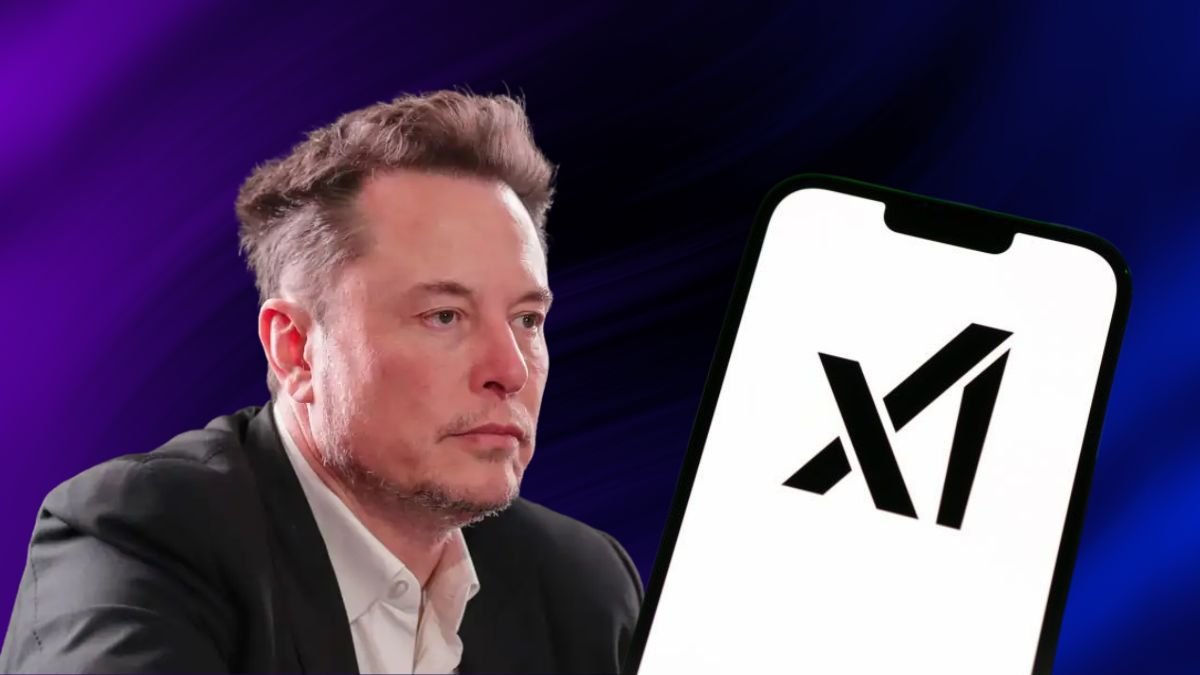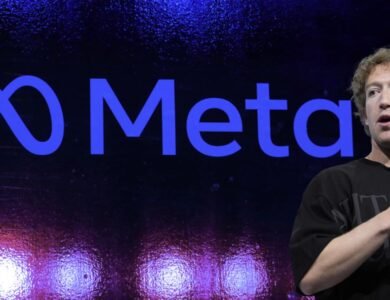
A landmark legal battle is reshaping the artificial intelligence landscape. A prominent AI company filed a federal lawsuit this week against Apple and OpenAI, alleging anticompetitive behavior in smartphone app markets and chatbot development.
The complaint claims both tech firms engaged in practices that limit fair competition and innovation. Filed in Texas federal court, the case focuses on alleged partnerships that maintain market dominance while restricting rival AI solutions.
This legal action follows the plaintiff’s recent acquisition of social platform X through an all-stock deal. The company entered the AI space last year to challenge existing chatbot leaders. An OpenAI representative criticized the filing as part of a “pattern of harassment” by the opposing party.
Industry analysts note the timing coincides with increased regulatory scrutiny of big tech’s market control. The outcome could influence how artificial intelligence companies collaborate and compete in app stores and emerging technologies.
Key issues include alleged manipulation of App Store rankings and restricted access to critical AI development tools. Observers suggest this case may set precedents for antitrust enforcement in fast-growing tech sectors.
Background of the Lawsuit
New legal filings reveal escalating tensions between tech giants over artificial intelligence development. The lawsuit filed on Monday accuses Apple and OpenAI of teaming up to block rivals in key markets. This marks the second major legal clash between the parties in under a year.
Legal Allegations and Anticompetitive Claims
Court documents claim Apple and OpenAI formed a partnership to control generative AI tools and smartphone ecosystems. The complaint argues this alliance illegally maintains market dominance by limiting third-party innovations. Specific charges include manipulating App Store rankings to favor OpenAI’s ChatGPT.
One filing states: “These anticompetitive practices freeze out emerging competitors.” The case highlights concerns about big tech’s influence over emerging technologies. Regulators have noted similar patterns in previous antitrust investigations.
Timeline and Key Events
The conflict traces back to 2018 when a co-founder left OpenAI over strategic disagreements. Last year’s lawsuit accused the AI firm of prioritizing profits over public benefit. OpenAI countered by calling the legal actions “harassment tactics.”
Recent developments include alleged attempts to buy ChatGPT’s parent company for $97 billion. Observers suggest this Monday’s lawsuit could impact how tech firms collaborate on AI projects. The outcome may shape antitrust enforcement for years to come.
Elon Musk’s xAI: Anticompetitive Claims and Implications
Recent accusations highlight growing concerns about tech giants influencing market fairness. The legal dispute centers on claims that dominant players use partnerships to stifle innovation while controlling key platforms.
Strategic Expansion Through Platform Acquisition
A major AI firm strengthened its position by acquiring social media platform X. This move provides enhanced access to user data and communication channels. Critics argue these resources create uneven advantages in developing competitive AI tools.
The company maintains this expansion promotes healthy competition. However, rivals claim platform ownership enables preferential treatment in app visibility.
App Store Ranking Controversies
Legal documents allege Apple prioritizes specific AI partners in search results. The claims suggest ChatGPT receives boosted rankings while rival chatbots face suppression. One filing states this creates “artificial barriers to market entry.”
Apple denies bias, citing complex algorithms determining app placements. Users observed competing AI tools like DeepSeek briefly topping charts post-partnership announcements. These inconsistencies raise questions about ranking transparency.
The case underscores broader debates about app store neutrality. Regulators increasingly scrutinize how platform policies affect emerging technologies. Outcomes could redefine competition rules for AI integration across devices.
Industry Reactions and Market Impact
The legal dispute has sparked diverse reactions across tech and environmental sectors. Leaders disagree on whether the claims represent genuine antitrust concerns or strategic positioning in the artificial intelligence race.
Response from Apple, OpenAI, and Industry Leaders
OpenAI CEO Sam Altman dismissed the lawsuit as “standard behavior” from certain tech figures. He suggested power consolidation motives overshadow stated competition concerns. “Some want absolute control over advanced systems,” Altman commented during a recent podcast interview.
Apple reiterated its App Store fairness commitment through a spokesperson. The company avoided addressing specific allegations but emphasized algorithmic neutrality. Third-party developers expressed mixed views about ranking transparency for AI tools.
Community Concerns and Environmental Repercussions
Local Memphis residents report worsening air quality near a major AI facility. Thermal imaging revealed 33 active gas turbines despite permits for 15. “This facility became our top polluter overnight,” said a community organizer.
The Southern Environmental Law Center documented unauthorized methane turbine use. Environmentalists argue such practices undermine corporate sustainability pledges. These findings complicate the company’s regulatory standing as it expands artificial intelligence infrastructure.
Public health advocates demand stricter oversight for tech projects. “We can’t trade breathable air for chatbots,” warned a Tennessee clean energy coalition member. The situation shows how AI growth intersects with environmental justice issues.
Conclusion
The legal battle between tech giants marks a turning point for AI development. This lawsuit challenges how major platforms manage competition and innovation. At its core, the dispute questions whether app store policies unfairly limit emerging chatbot technologies.
Regulators may reconsider how companies collaborate in fast-growing tech sectors. Recent events show growing tensions between established players and new entrants. Environmental concerns add complexity to evaluating AI firms’ societal impacts.
The case highlights critical questions about fair access to digital marketplaces. Could app ranking algorithms disadvantage smaller competitors? How might partnerships between platform owners and AI developers shape future competition?
Over the next year, courts will weigh innovation against market fairness. Their decision could redefine rules for emerging technologies. The outcome may determine whether new chatbot creators can challenge tech titans or face insurmountable barriers.



